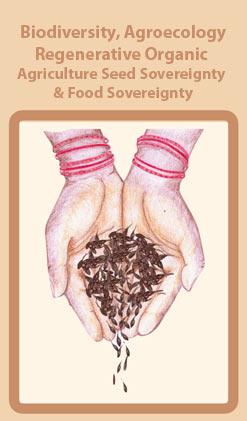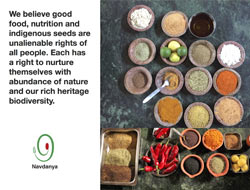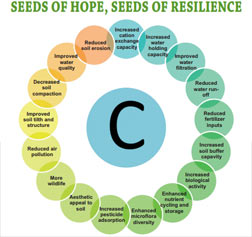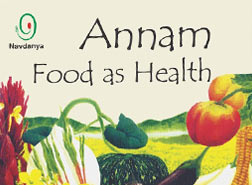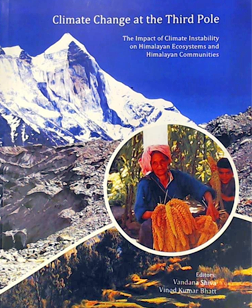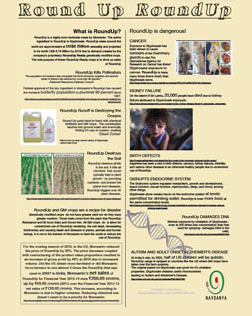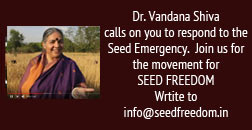Working and trained 1 million farmers, converted 2 million acres to organic and created 125 community Seed banks in 22 states of India.
Researchers’ world over has already proven the importance of indigenous crops and organic farming practices in coping with the changing climatic conditions. Results of our studies in the past in different agro climatic situations confirms that even in the adverse climatic conditions biodiversity based organic farming (higher crop diversity) is better capable to minimize the crop losses than that of monoculture based industrial farming.
While working with different stakeholders a gap was felt in training and demonstration hence the training and demonstration center was started in Dehradun to convince farmers and share the learning's of Navdanya with other people both locally as well as globally.
In the year 1996 Navdanya established Biodiversity Conservation, Organic farm and Research, training and learning center in Doon valley. Presently is it spread over 45 acres of land. In this center Navdanya is conserving more than 2500 different species of crops and multipurpose plants, which include 700 paddy varieties, 205 varieties of wheat, 15 pulses, 11 varieties of Barley, 10 varieties of Oats, 7 varieties of mustard and several millets, vegetables, green manure, pulses, spices, vegetables and medicinal plant varieties. Navdanya also has a biodiversity conservation and training center in U.P. and Odisha. In the conservation center in Odisha state, Navdanya is conserving 804 rice and several vegetable varieties. More than 500 varieties of paddy are being conserved at Navdanya/ Vrihi Seed bank at West Bengal, which was recently shifted to Odisha.
The unique aspects of Navdanya learning center are that, it is not just learning in the classroom but on a living working farm. Because Biodiversity conservation is at the heart of the Navdanya's work and the learning center is located at the biodiversity conservation farm participants learn about crop diversity and the interactions between different aspects of agroecological systems through observation and experiential learning.


